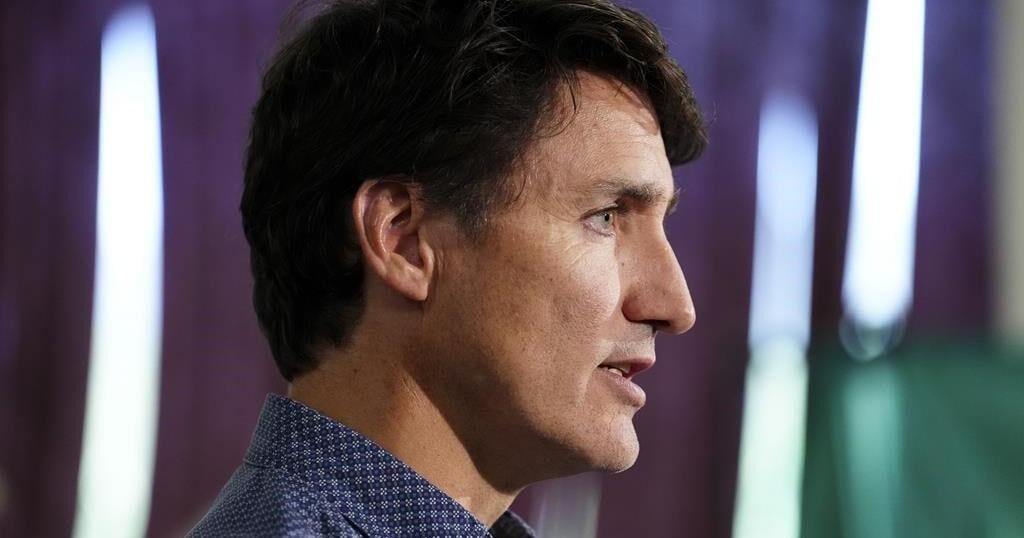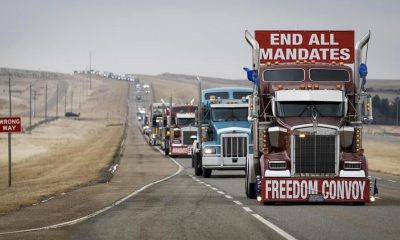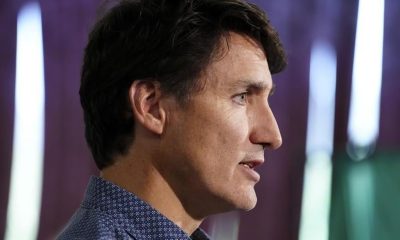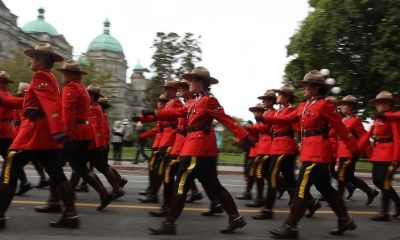NANAIMO, B.C. – Former Bank of Canada governor Mark Carney will chair a Liberal task force on economic growth, the party announced Monday as Liberal MPs meet to strategize for the upcoming election year.
Long touted as a possible leadership successor to Prime Minister Justin Trudeau, Carney was already scheduled to address caucus as part of the retreat in Nanaimo, B.C., this week.
The Liberals say he will help shape the party’s policies for the next election, and will report to Trudeau and the Liberal platform committee.
“As chair of the Leader’s Task Force on Economic Growth, Mark’s unique ideas and perspectives will play a vital role in shaping the next steps in our plan to continue to grow our economy and strengthen the middle class, and to urgently seize new opportunities for Canadian jobs and prosperity in a fast-changing world,” Trudeau said in a statement Monday.
Trudeau is expected to address Liberal members of Parliament later this week. It will be the first time he faces them as a group since MPs left Ottawa in the spring.
Still stinging from a devastating byelection loss earlier this summer, the caucus is now also reeling from news that its national campaign director has resigned and the party can no longer count on the NDP to stave off an early election.
Last week, NDP Leader Jagmeet Singh ended his agreement with Trudeau to have the New Democrats support the government on key votes in exchange for movement on priorities such as dental care.
All of this comes as the Liberals remain well behind the Conservatives in the polls despite efforts to refocus on issues like housing and affordability.
Some Liberal MPs hope to hear more about how Trudeau plans to win Canadians back when he addresses his team this week.
Carney appears to be part of that plan, attempting to bring some economic heft to a government that has struggled to resonate with voters who are struggling with inflation and soaring housing costs.
Trudeau said several weeks ago that he has long tried to coax Carney to join his government. The economist and former investment banker spent five years as the governor of the Bank of Canada during the last Conservative government before hopping across the pond to head up the Bank of England for seven years.
Carney is just one of a host of names suggested as possible successors to Trudeau, who has insisted he will lead the party into the next election despite simmering calls for him to step aside.
Those calls reached a new intensity earlier this summer when the Conservatives won a longtime Liberal stronghold in a major byelection upset in Toronto—St. Paul’s.
But Trudeau held fast to his decision to stay and rejected calls to convene his entire caucus over the summer to respond to their concerns about their collective prospects.
The prime minister has spoken with Liberal MPs one-on-one over the last few months and attended several regional meetings ahead of the Nanaimo retreat, including Ontario and Quebec, which together account for 70 per cent of the caucus.
While several Liberals who don’t feel comfortable speaking publicly say the meetings were positive, the party leader has mainly held to his message that he is simply focused on “delivering for Canadians.”
Conservative House leader Andrew Scheer was in Nanaimo ahead of the meeting to express his scorn for the Liberal strategy session, and for Carney’s involvement.
“It doesn’t matter what happens in this retreat, doesn’t matter what kinds of (communications) exercise they go through, or what kind of speculation they all entertain about who might lead them in the next election,” said Scheer, who called a small press conference on the Nanaimo harbourfront Monday.
“It’s the same failed Liberal policies causing the same hardships for Canadians.”
He said Carney and Trudeau are “basically the same people,” and that Carney has supported Liberal policies, including the carbon tax.
The three-day retreat is expected to include breakout meetings for the Indigenous, rural and women’s caucuses before the full group convenes later this week.
This report by The Canadian Press was first published Sept. 9, 2024.













